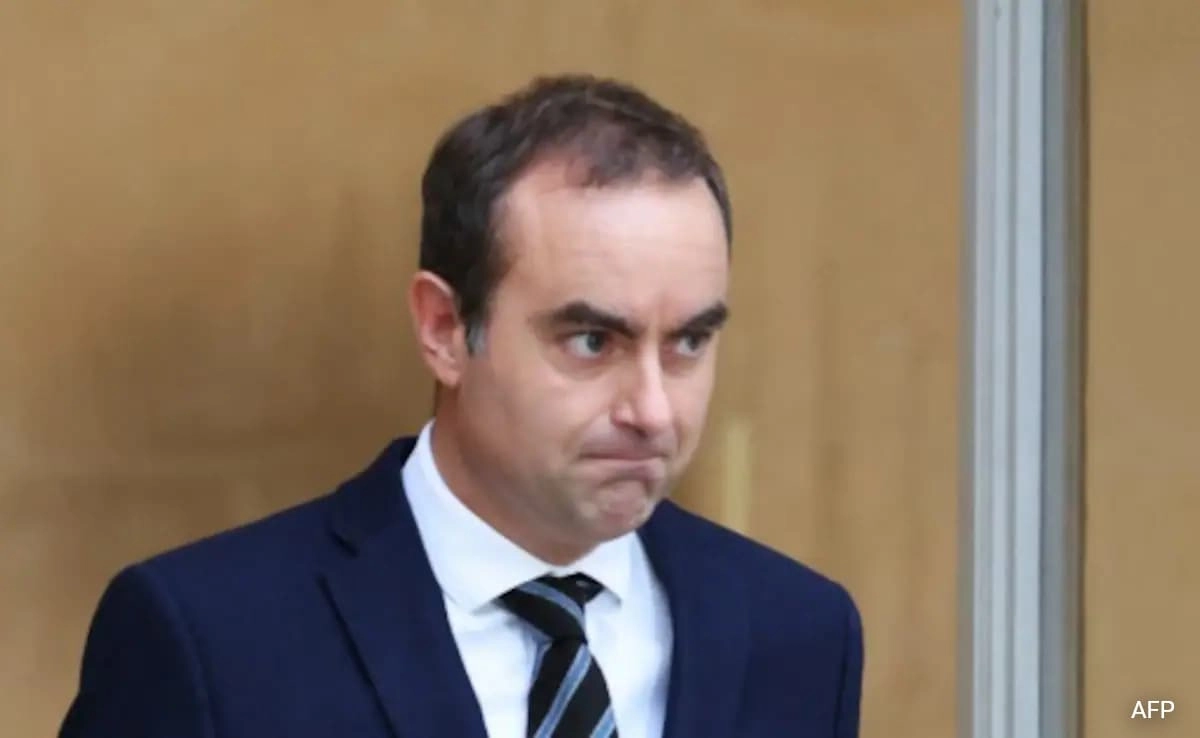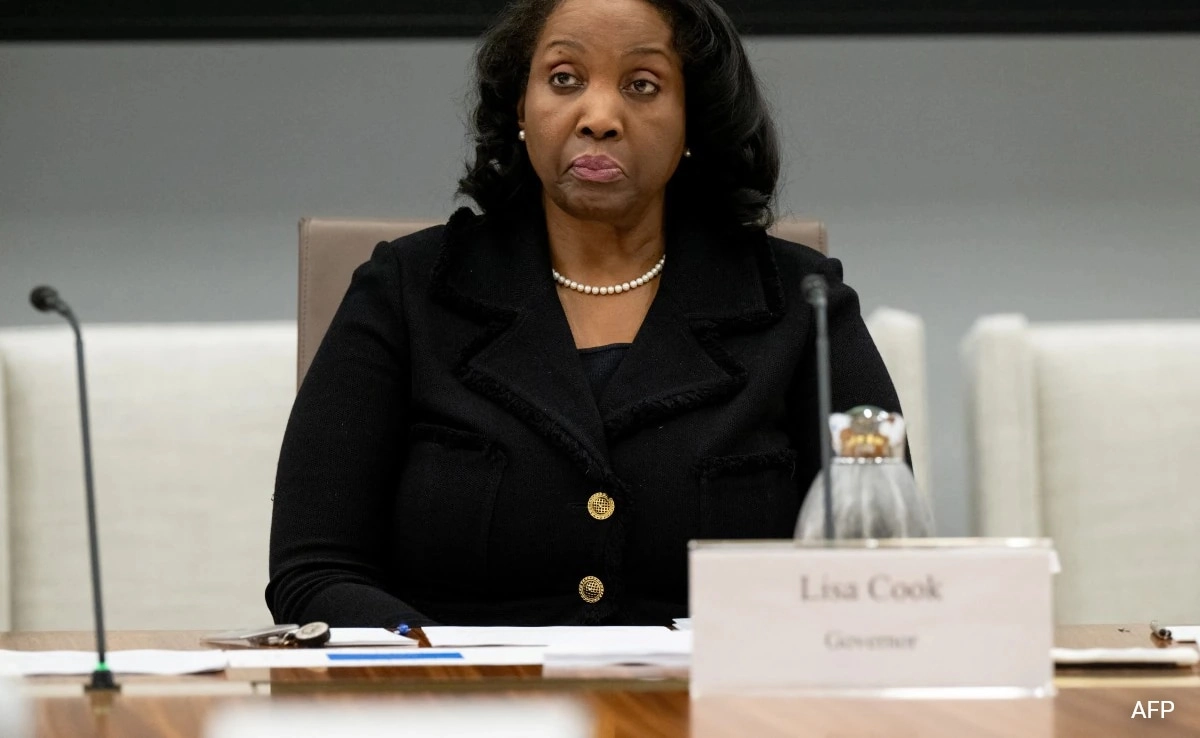The new government in France, led by Prime Minister Sébastien Lecornu, faces a challenging political landscape that raises questions about its longevity. Lecornu, who was appointed to head the government amid rising public discontent and political fragmentation, must navigate complex issues that could undermine his administration. The challenges stem from a combination of factors, including a lack of parliamentary majority, economic pressures, and social unrest that have plagued the country for years. These elements create a precarious environment for any government, and Lecornu’s team may struggle to maintain stability.
One of the most significant hurdles for Lecornu’s government is the absence of a clear parliamentary majority. The recent elections led to a fragmented National Assembly, where no single party holds a dominant position. This division complicates the process of passing legislation, as Lecornu needs to build coalitions and negotiate with various parties, including those from the left and right. Such arrangements can often lead to delays in decision-making and the perception of a weak government. If Lecornu fails to secure essential legislative support, his administration risks being seen as ineffective, which could erode public confidence and lead to calls for a change in leadership.
Moreover, economic challenges loom large, with rising inflation and cost-of-living crises affecting many French citizens. The government’s ability to address these pressing issues will be instrumental in determining its fate. If Lecornu’s administration is unable to provide effective solutions to alleviate economic burdens, public dissatisfaction could reach a boiling point. History has shown that governments in France can fall swiftly when they lose the support of the populace, especially in the face of economic hardship. If protests and unrest escalate, the government may find itself under increasing pressure to resign or call for early elections.
In addition to economic and parliamentary challenges, Lecornu’s government must also contend with a society that is deeply divided on issues ranging from immigration to climate policy. The diverse interests of various groups, including labor unions, environmental activists, and conservative factions, present a formidable challenge in forging a unified approach to governance. Lecornu will need to employ astute political maneuvers to balance these competing interests while maintaining a coherent and effective policy agenda. If he is perceived as favoring one group over another, it could lead to further polarization and instability within his government.
In conclusion, while Prime Minister Sébastien Lecornu’s government has the potential to address critical issues facing France, its longevity is far from guaranteed. The combination of a fragmented parliament, economic pressures, and a divided society creates a volatile environment that could easily lead to its downfall. As the government embarks on its agenda, the ability to foster cooperation and maintain public support will be crucial. Without a clear strategy for navigating these challenges, Lecornu’s administration may find itself grappling with calls for change sooner rather than later.




